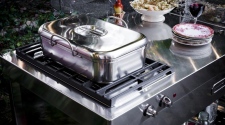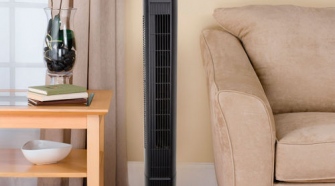Did you know if you leave your appliances on standby, you will be spending much more on electricity? As much as 16% of your electricity bill at the end of the month could be attributed to appliances in standby mode. There are other things which could be forcing you to spend money unnecessarily too.

In order to make sure your appliances don’t cost too much, there are a few things you should do.
Consider future costs
When purchasing new appliances, whether it’s a toaster, vacuum cleaner or washing machine, don’t just focus on the initial cost. Opting for cheaper models may just seem financially viable in the present, but it can end up costing you a lot in the long run. This is mainly because the cheaper models aren’t too energy efficient.
In order to ensure you are getting the most suitable appliance for your requirements, have a look at the energy rating of the appliance before purchasing it. You don’t have to get the more expensive appliances, but you certainly shouldn’t settle for the cheapest either.
Understanding costs
As mentioned above, the initial cost of an appliance is not the only thing worth considering. There are also ongoing costs when you use an appliance. Every appliance will cost a different amount of money to run depending on how much electricity it consumes. There are no prizes here for guessing that the more expensive appliances are cheaper to run while the cheaper appliances are more expensive. If you don’t want your electric bill skyrocketing out of control, you should be careful about which appliance you invest in.
Reducing costs
Going in for energy efficient appliances will help you reduce costs significantly. But there are some other things you can do to reduce costs too like:
- Switching appliances: If you are cooking vegetables, don’t boil them in a hob cook, use a more efficient appliance like a steamer. When making toast, go for the grill instead of a toaster.
- Cleaning appliances: If you keep your appliances clean, you will keep them running at their best and dirt or grime won’t hinder their performance in any way. This will also reduce the risk of any faults occurring.
- Fixing faults: Even a small fault with your appliances could have a major impact on the way they perform. This could end up costing you a lot in terms of electricity bills or may even force you to buy a new appliance altogether.
- Age: You might be surprised to learn that the average lifespan for a household appliance is between 15 and 20 years. And all it needs is regular maintenance for you to ensure they last even longer. What more could you want?















